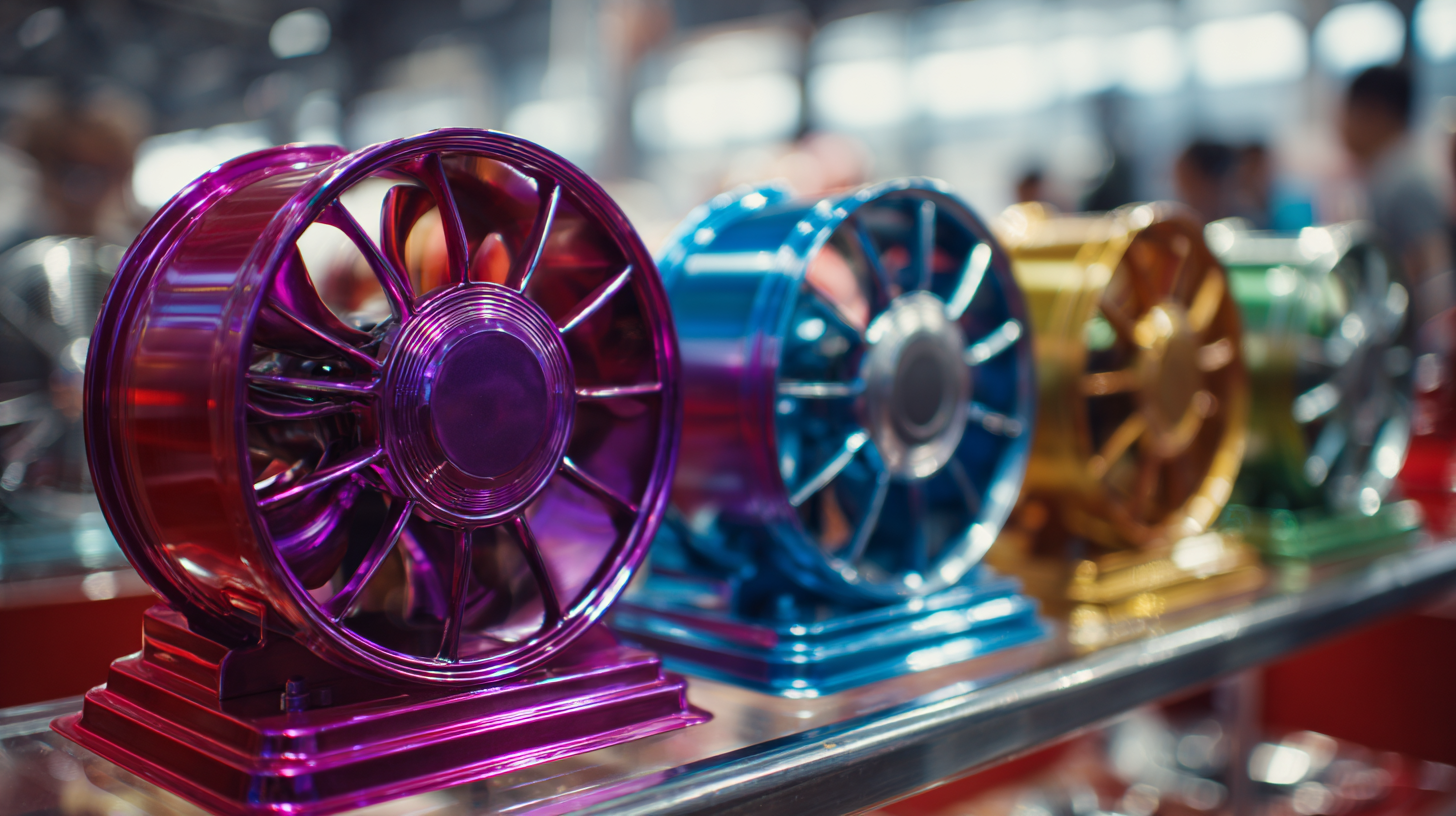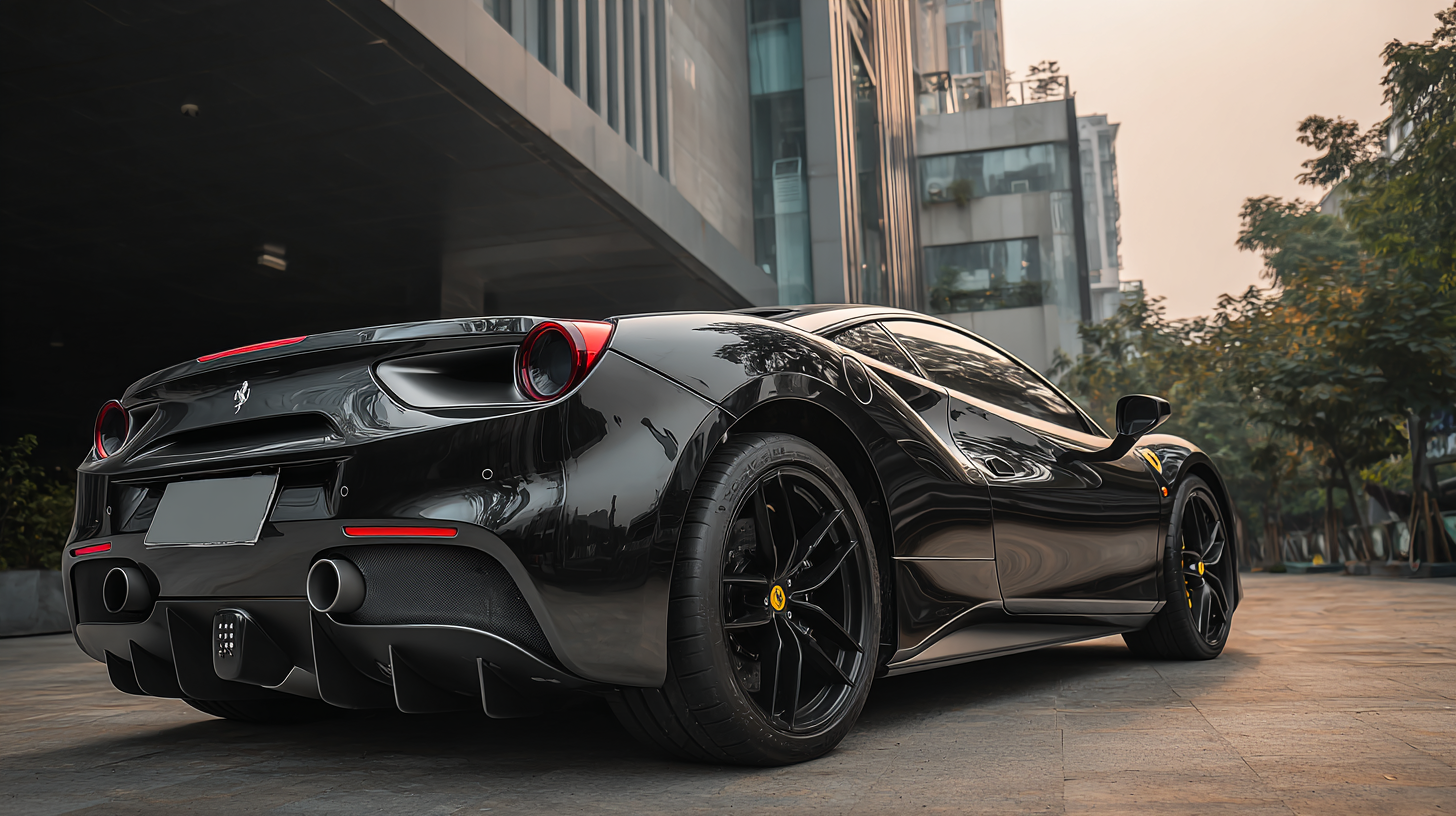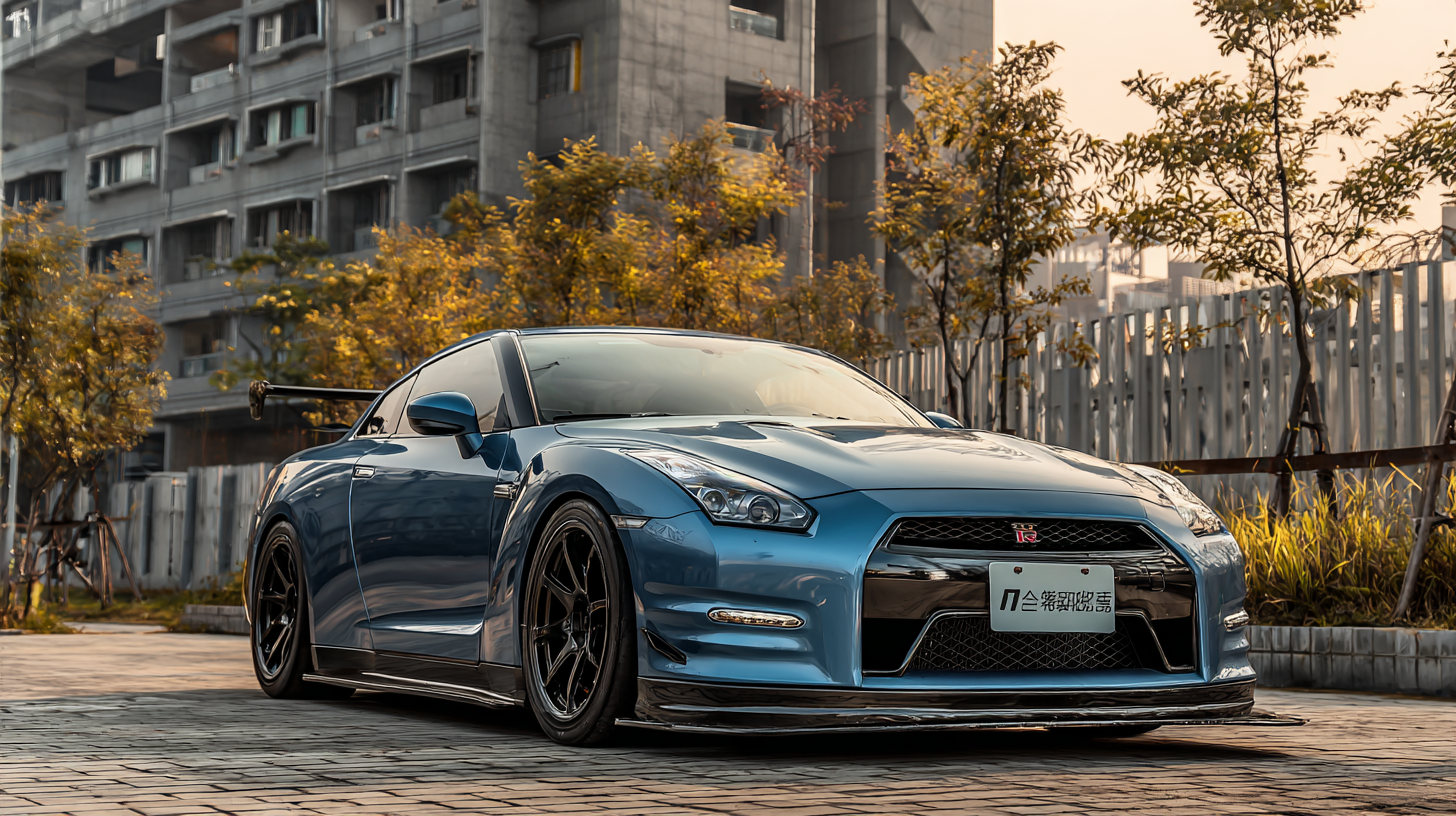In recent years, the automotive industry has witnessed a remarkable surge in innovation and quality, particularly in the realm of car fans produced in China. As global buyers become increasingly discerning, they seek not only reliability but also cutting-edge technology and aesthetic appeal in their automotive accessories. This blog delves into the top strategies that Chinese manufacturers employ to create unmatched car fans that cater to a diverse international market. By exploring the intricate blend of quality craftsmanship, advanced engineering, and a keen understanding of global consumer trends, we will uncover how these strategies position Chinese car fans as a top choice for buyers around the world. Join us as we navigate the landscape of automotive innovation and discover the dynamic forces shaping the future of car fans.

The evolution of Chinese car fan designs has reached an exciting juncture as we look towards 2025. With manufacturers embracing bold aesthetics and cutting-edge technology, it's clear that innovation is at the forefront of their design strategies. Sleek lines, sustainable materials, and an emphasis on user-centric features reflect a significant shift in the automotive landscape. The latest models showcase not only performance but also artistry, appealing to a global audience eager for modern, stylish automobiles.
Tip 1: When considering a vehicle, pay attention to design elements that reflect your personal style. Aesthetic appreciation can greatly enhance your driving experience.

Design leaders in the industry are keen on integrating feedback from younger consumers who prioritize functionality and visual appeal. As showcased at recent automotive shows, the collaborative efforts among designers and engineers are paving the way for cars that are not just modes of transportation but statements of individuality and environmental consciousness.
Tip 2: Research emerging design trends and familiarize yourself with brands that resonate with your values. This approach will help you make informed decisions when choosing your next vehicle.
The Chinese automotive industry has been at the forefront of innovation, and this extends to the development of car fans as critical components in vehicle efficiency and comfort. Emerging technologies are redefining the landscape, with manufacturers prioritizing advancements in energy efficiency, noise reduction, and enhanced performance. These innovations not only boost vehicle functionality but also cater to the growing demand from global buyers for sustainable and high-quality automotive solutions.
One notable trend shaping the future of car fans is the increasing integration of smart technology. Many Chinese companies are adopting IoT (Internet of Things) features, enabling car fans to adjust performance based on real-time data from the vehicle. This includes adapting to temperature changes or varying air pressure scenarios, ensuring optimal airflow and energy consumption. Additionally, the shift towards lightweight materials and sustainable manufacturing processes has further enhanced the appeal of Chinese car fans, making them an attractive choice for eco-conscious global buyers looking for superior performance combined with environmental responsibility.
When it comes to car fans, the performance attributes can significantly differ between Chinese brands and their global counterparts. Chinese manufacturers have made remarkable strides in harnessing advanced technologies, often providing innovative solutions that enhance cooling efficiency and reduce noise levels. For instance, several brands utilize high-performance motors and aerodynamic designs, which contribute to optimal airflow and energy consumption. This focus on engineering excellence has positioned some Chinese brands at the forefront of the market, appealing to cost-conscious consumers without compromising quality.
In contrast, traditional global brands hold a longstanding reputation for reliability and established performance metrics. Their products have been tested across various climate conditions, ensuring durability and functionality under pressure. However, this reliability often comes at a higher price point, leading some buyers to consider the benefits offered by newer Chinese competitors. A comparative analysis reveals that while global brands may showcase proven track records, the innovative features and value for money presented by leading Chinese car fan brands can make them a compelling choice for buyers seeking both performance and affordability in a highly competitive market.
The automotive industry is increasingly recognizing the importance of sustainability, and this trend has become particularly evident in the production of car fans. Chinese manufacturers are leading the way by adopting eco-friendly materials and advanced technologies to create high-quality automotive components. This shift not only minimizes environmental impact but also appeals to a global market that values sustainability. Innovations such as recyclable plastics and energy-efficient manufacturing processes are being integrated into production lines, reducing waste and lowering carbon footprints.

Furthermore, sustainability in the production of car fans is not just a trend but a strategic necessity. As consumers worldwide become more environmentally conscious, they are actively seeking products that reflect these values. By prioritizing sustainable practices, Chinese car fan manufacturers are not only enhancing their brand reputation but also positioning themselves competitively in an international market where green credentials are increasingly influential. This growing emphasis on eco-friendly production is not merely about compliance; it is a proactive step toward ensuring a healthier planet while delivering unmatched quality and performance to customers.
The 2025 Global Automotive Consumer Study reveals pivotal insights into the dynamic preferences of consumers, emphasizing a shift towards electric vehicles (EVs) and sustainable practices. As the global automotive market evolves, Gen Z and Millennial buyers are increasingly driving trends, with their values significantly influencing purchasing decisions. According to the study, these generations prioritize innovation, sustainability, and technology in their vehicle choices, creating new challenges for traditional automakers to adapt quickly or risk losing market share.
Consumer attitudes towards EVs show a notable slowdown in sales, highlighting the need for brands to realign their strategies to focus on consumer education and engagement. The transition to electric mobility is not solely about the vehicles themselves; it's also about addressing the concerns and preferences of these younger consumers, who demand transparency and environmental responsibility from brands. Reports indicate that tailoring marketing efforts to resonate with this demographic can lead to increased loyalty and higher sales, underscoring the importance of understanding generational differences in consumer behavior. As we approach 2025, the automotive industry's response to these evolving preferences will be crucial in determining future market leaders.
